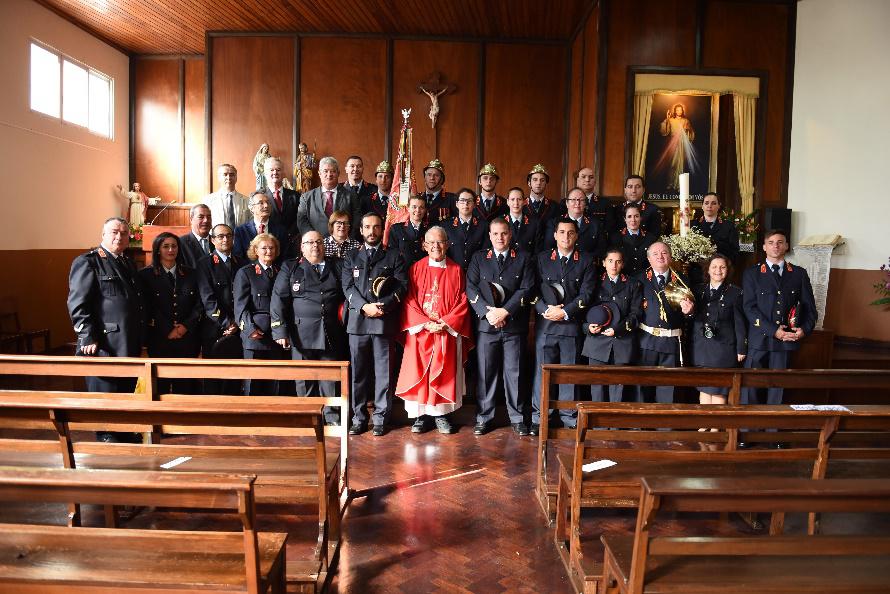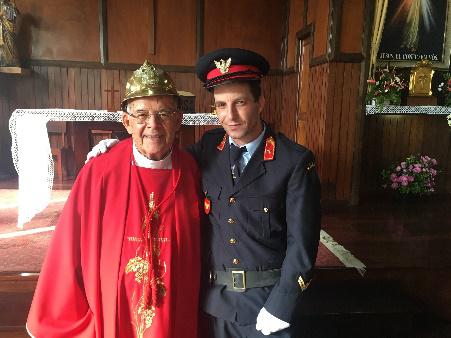ANTS
My niece, Romaninha, came from Brasil to spend some time with me in California. One day I «caught» her in the patio, seated on the pavement and playing with ants. She was already an adult, a matured woman, married and mother of two children. She felt a bit embarrassed because she felt that she had been «caught» doing something very childish. What was the game? The ants were forming a long long line as they usually do. They always communicated with those that were walking in a different direction, as they always do. And my niece’s game was to put obstacles in their path to divert them from their destiny.
She tried little rocks, little sticks, bigger rocks and bigger sticks but nothing worked. The conclusion was that if you want to divert ants from their destiny you have to kill them. Death only.Nothing else works. They have a goal, and they get the support from one another and always try to overcome any kind of obstacle. They have a goal and are willing to give their lives to achieve their goal. Death only can stop them.
FIREMEN

Last week (24/11/2018) I had the privilege of being invited to say a special Mass for, and with, the firemen of Funchal. I reflected with them about their job. And how much inspiration I get from them in my life. I compared them with the «normal» institutions. I told them different stories of different institutions and compared it with their stories.
A mother of a large family was called by a special institution to go there to pick up some food that had been reserved for her family. Of course the institutions don’t provide transportation even if they know that the poor have no transportation. Margaret (not her true name) asked Dalila (her true name) for a lift. Dalila went to help Margaret. When they arrived, there were five bags of food waiting for them at the institution. Margaret was very happy. Meanwhile the institution had the obligation of checking for crossing information. Yes. Margaret was caught. According to the rules of this institution Margaret was a cheater. Another institution, the week before, had given to Margaret’s family, some money.
According to the rules of the institution that was enough probably for the rest of their lives. According to them Margaret was a cheater. According to them, she was taking advantage from two different institutions. The five bags of food were left on the floor. Dalila and Margaret and her little son, Cristiano, left with their empty hands, their empty stomachs and their empty souls. On their way home, Dalila called me and invited me for a cup of coffee. I went for a cup of coffee. We offered Margaret and her son something to eat.
I will never forget this scene:
Cristiano grabbed the glass of milk and a pastry we had ordered for him and he didn’t «drink» the milk or «eat» the pastry. Cristiano devoured everything almost without breathing. He was so hungry and so skinny. But the institution hadn’t ask them if they were hungry. Instead they had asked a cold and cruel computer.
Recently we accompanied to an institution, a lady who had arrived from Venezuela where she had had everything. She came to an Island where she has nothing. We just asked for some food. The social worker was very kind, which is not usual. When we finished the conversation, I was expecting some food that they had in abundance. To my disappointment what we brought from that institution was a list of documents that the lady was supposed to present to see if she qualified for help!
I had thousands of stories like this to tell the firemen.
Then I told them some stories about firemen and compared it with the institutions.
When firemen are asked for help they don’t ask who owned the knife or the pistol, who started the fight, who lit the fire, who was over speeding. They don’t even ask for their names or any documents. The only questions they ask are: «Where is it hurting? Where is it bleeding? What is broken? How can I help you? How can I help to alleviate your suffering?

THE GOOD SHEPHERD
For me the story of the Good Shepherd is, like the story of the Prodigal Son, (Luke 15) a Gospel inside the Gospel. The Shepherd was taking care of one hundred sheep. One got lost. He leaves ninety nine and goes looking for his lost sheep. When He has found it he lays it on his shoulders and rejoices and tells his friends and neighbours, saying to them: «Rejoice with me for I have found my sheep that was lost». He does not ask for papers, for documents or the reasons why the sheep got lost. No questions asked. Just love transformed into service.
Mother Teresa says that «when we start by judging we have no time to love».
********
ANTS, FIREMEN AND THE GOOD SHEPHERD have been for me the greatest inspirations of my life. With ANTS, I have learned to have a vision and never quit even if I have to give my life for it. «Don’t start quitting… Never quit from starting», It’s the name of a book. With FIREMEN, I have learned to help people without judging them.
With the GOOD SHEPHERD, I have learned to reach out for everyone with a special preference for the lost, the least and the last.
Love and Peace,
Fr. Bernardino Andrade

